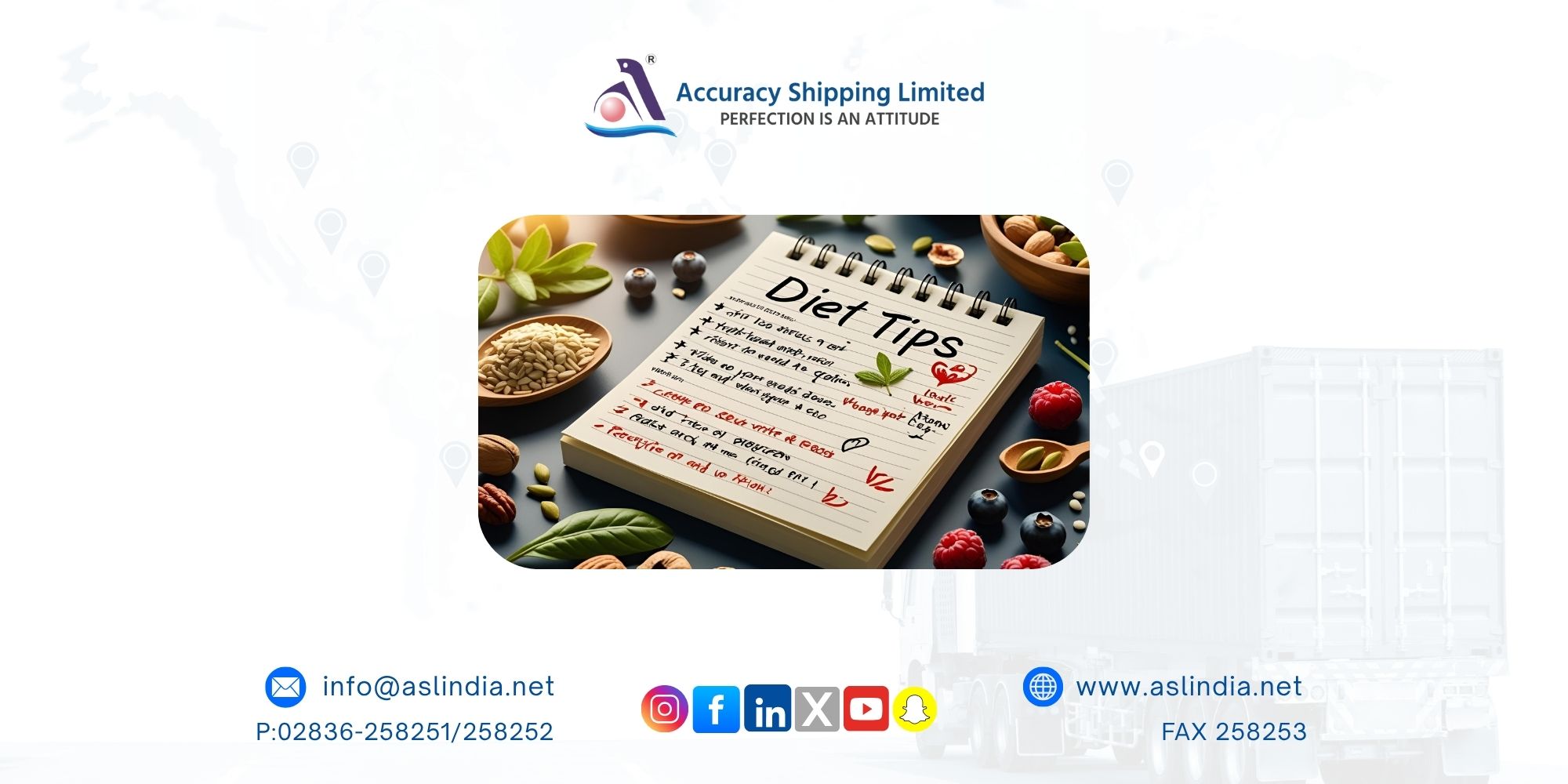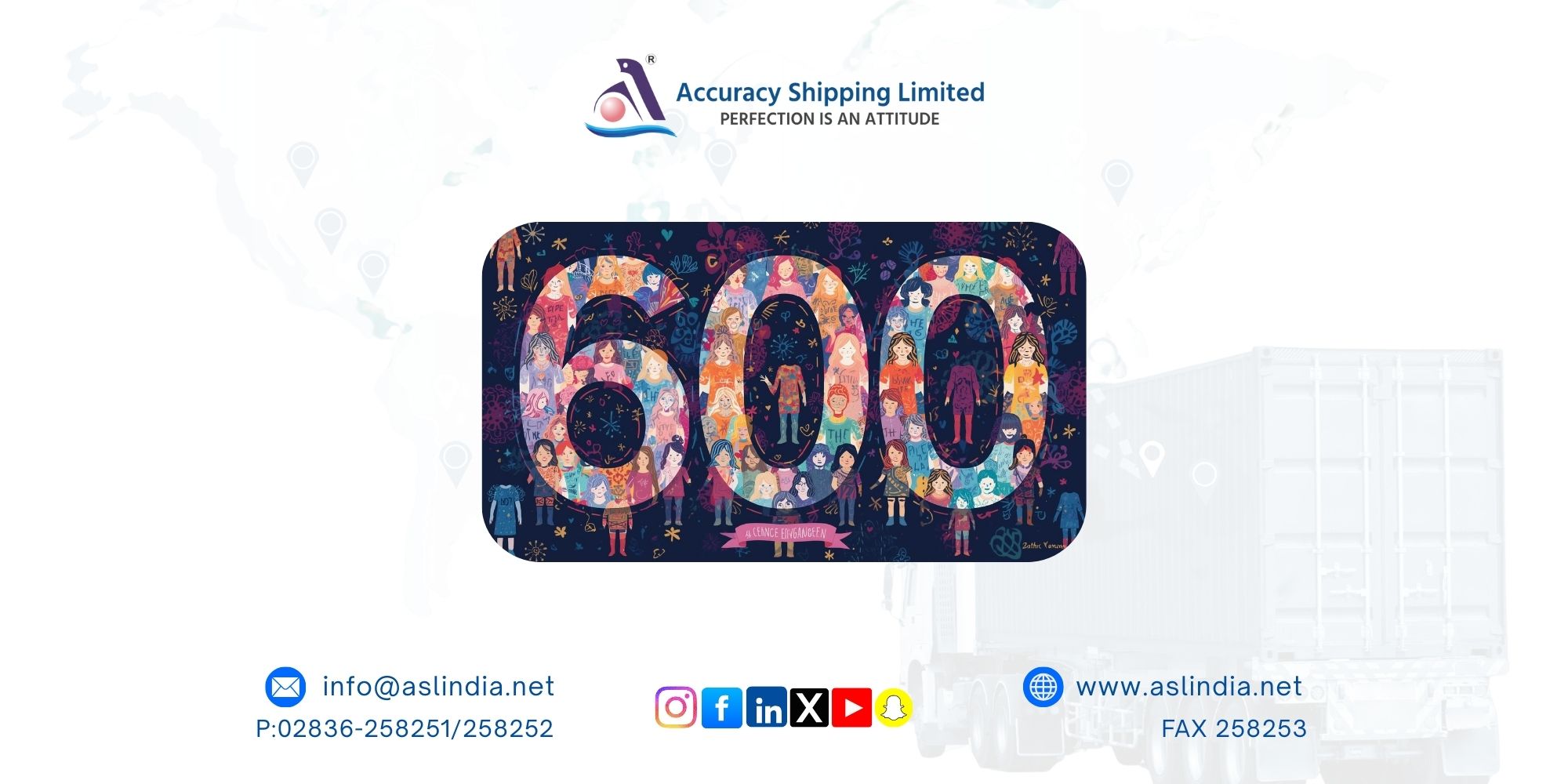Nutritionist shares monsoon diet tips for better digestion and gut health

Stay vibrant this monsoon with essential tips for gut health!
Uncover the best foods and strategies to tackle digestive issues during the rainy season.
The Gut Health Challenges of Monsoon
Are you aware of the gut health challenges that the monsoon season presents? While the rains offer welcome relief from the summer heat, they also bring increased humidity and temperature fluctuations ideal conditions for digestive disorders. Common monsoon-related issues include indigestion, bloating, diarrhoea, and food poisoning.
Understanding these changes is the first step to protecting your gut. According to Dhriti Jain, a Nutritionist at Cloudnine Group of Hospitals, the monsoon season alters our internal balance, making it harder for our digestive systems to function optimally.
Why Does Our Digestion Slow Down During the Monsoon?
The slowdown in digestion during the rainy season is not just a coincidence it’s deeply rooted in both science and ancient wisdom. Ayurvedic principles point to the concept of "digestive fire," which weakens during monsoon, reducing the body's ability to absorb nutrients effectively.
Other contributing factors include:
Lower atmospheric pressure affecting metabolism and blood circulation
Disruption in gut flora due to increased humidity, leading to impaired enzyme activity
Weakened immune response, making the gut more susceptible to infections
According to the National Institute of Diabetes and Digestive and Kidney Diseases (NIDDK), symptoms like loose stools, appetite loss, and nausea become common during this time.
Foods to Avoid for Better Gut Health
To safeguard your digestive system, certain dietary restrictions are crucial during the rainy season:
Raw leafy vegetables and salads: Unless thoroughly washed and cooked, they can carry harmful bacteria.
Seafood: Monsoon increases the risk of spoilage, leading to foodborne illnesses.
Street food: Often made under poor hygienic conditions, increasing contamination risk.
Unpasteurized dairy: As per the USDA Food Safety and Inspection Service, avoid raw dairy products that spoil quickly in humid climates.
Cold beverages: These can disturb the body’s digestive warmth, slowing down metabolism.
Foods That Promote Gut Health
To balance your digestive ecosystem, focus on including probiotics and prebiotics in your meals.
Probiotics: Found in curd, buttermilk, and kefir, these live bacteria support a healthy gut microbiome.
Prebiotics: These fibre-rich foods such as bananas, onions, garlic, oats, and whole grains act as food for the good bacteria.
A diet rich in both can help restore the balance of gut flora and improve digestion.
Ideal Monsoon Meal Plan
Here’s how you can structure your day to support digestion:
Morning: Start your day with lukewarm water and soaked almonds or walnuts.
Breakfast: Opt for moong dal chilla, a light and protein-packed meal.
Snacks: Choose roasted chickpeas, foxnuts (makhana), or a cup of herbal tea.
Lunch & Dinner: Stick to light, warm meals like khichdi or vegetable soups. Avoid overly spicy or oily foods.
Monsoon Food Safety Tips
Cleanliness and hygiene go hand in hand with good nutrition:
Wash fruits and vegetables thoroughly
Maintain kitchen hygiene by regularly cleaning utensils and surfaces
Avoid reheating food multiple times
Wash hands before and after food preparation or eating
These simple practices significantly reduce the risk of digestive infections.
Conclusion
The monsoon season, while refreshing, brings a unique set of digestive challenges. But with a proactive approach choosing the right foods, staying hygienic, and nourishing your gut you can maintain optimal health. Follow these diet tips shared by nutritionist Dhriti Jain to keep your digestive fire burning strong and your gut happy this rainy season!







